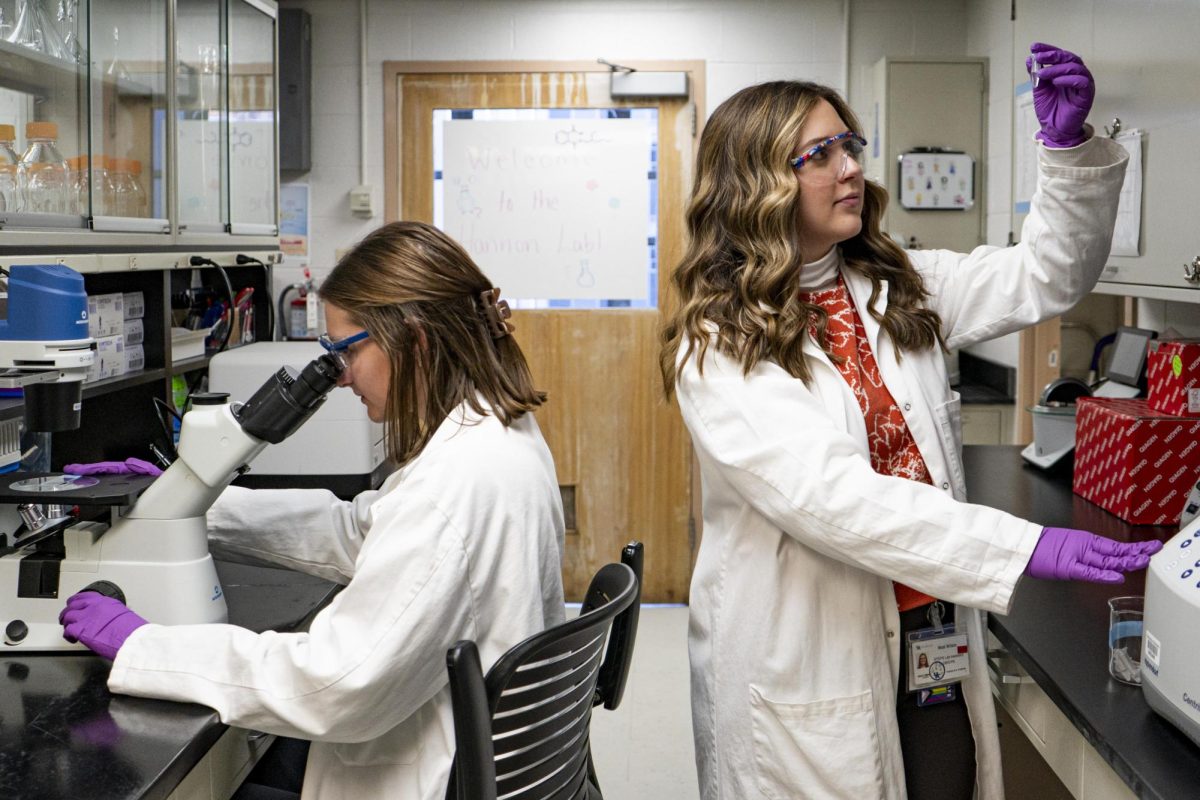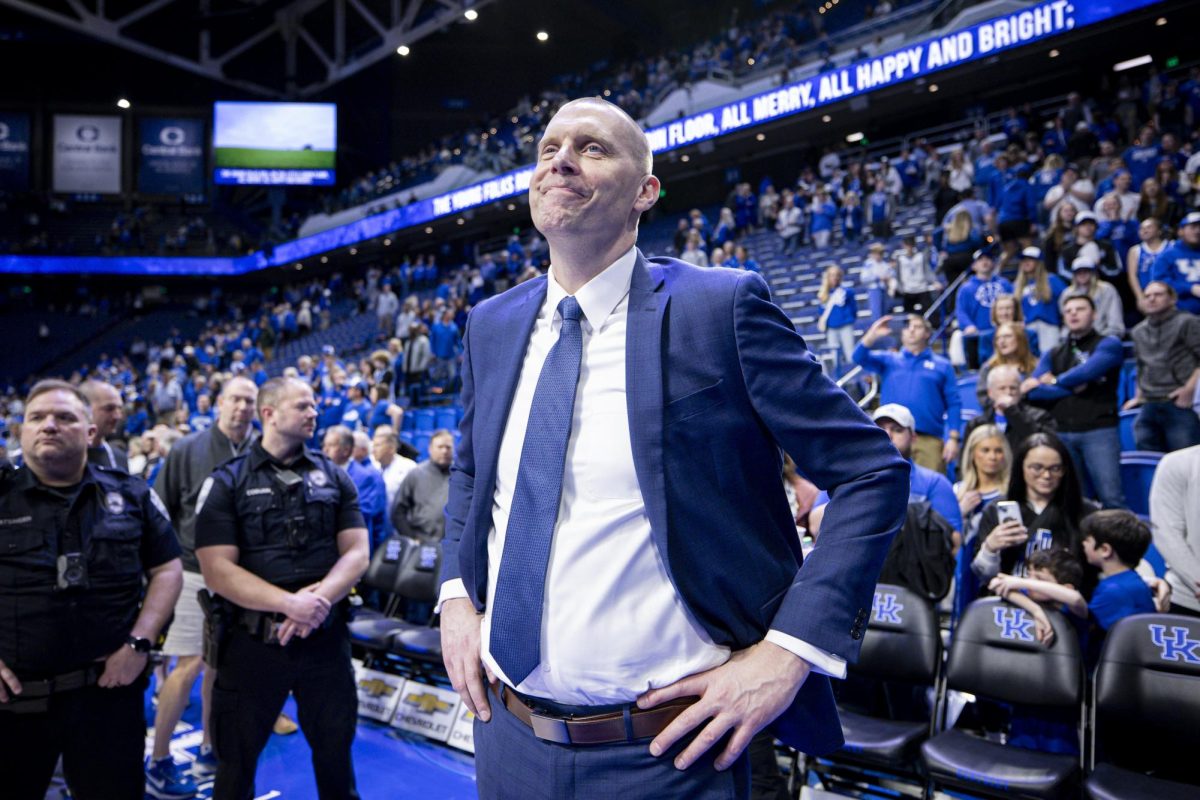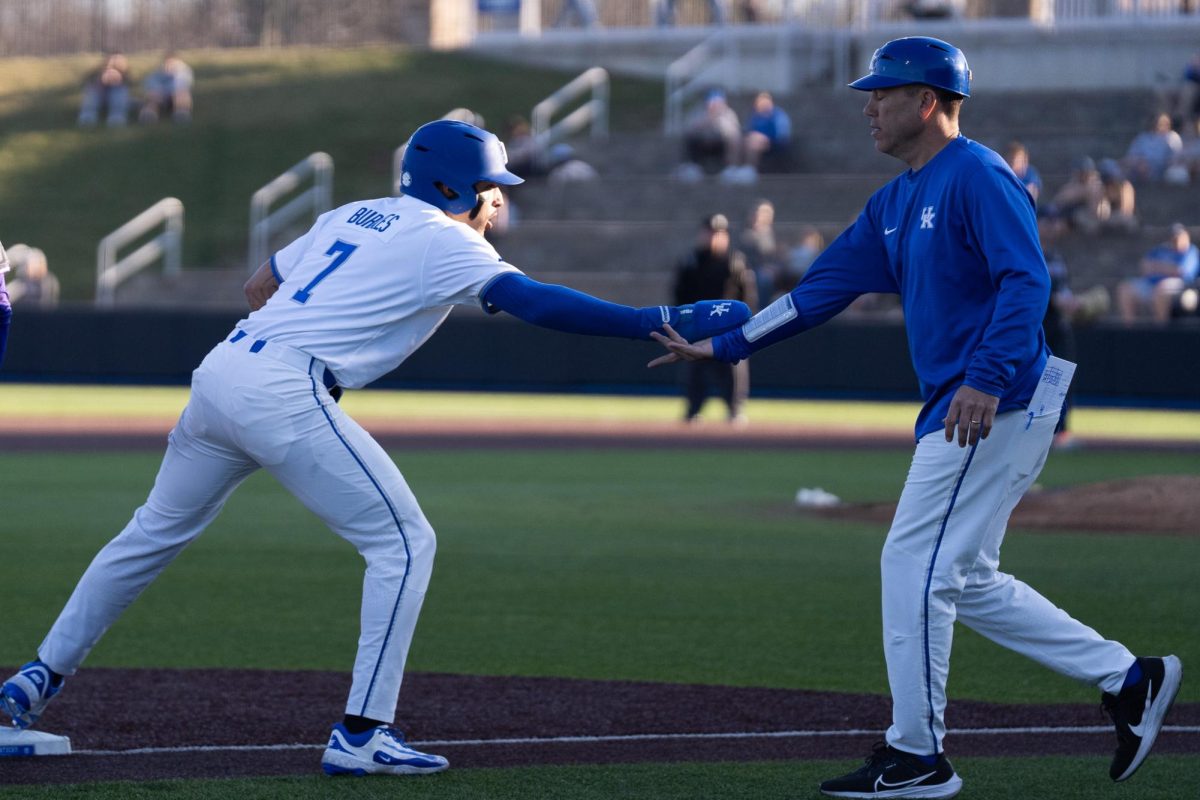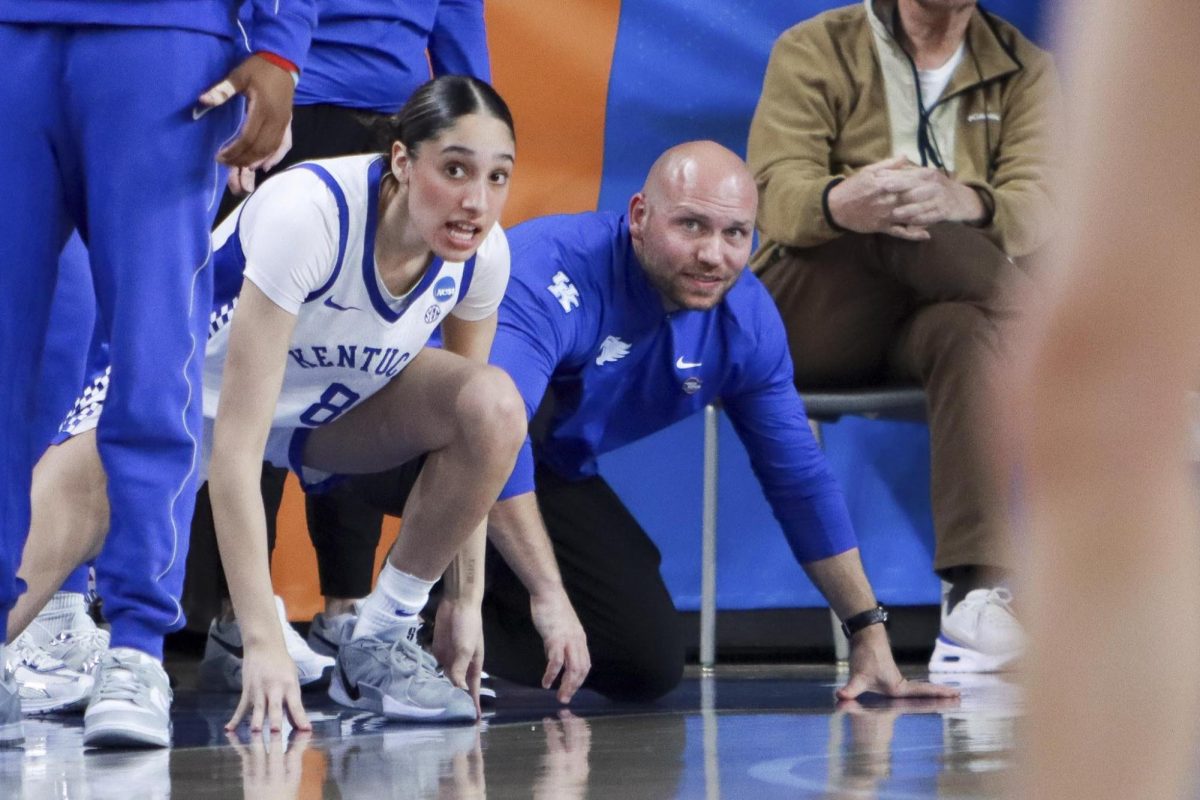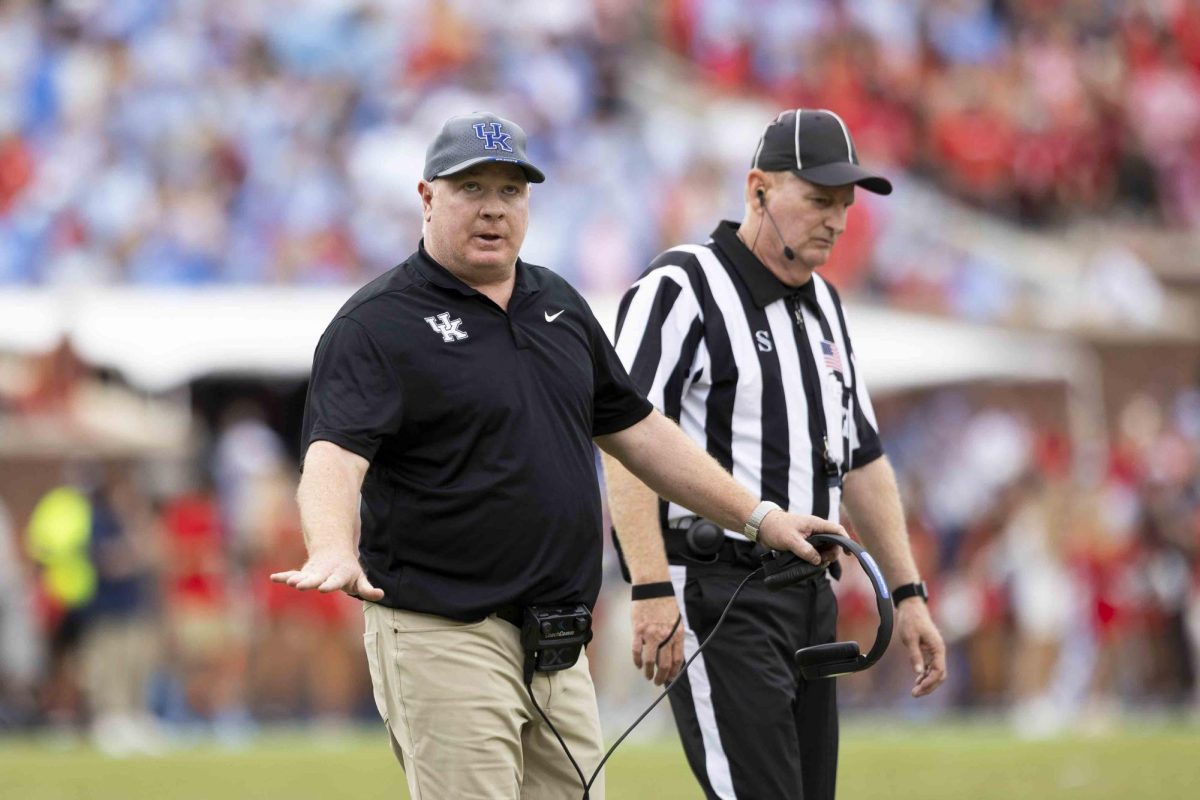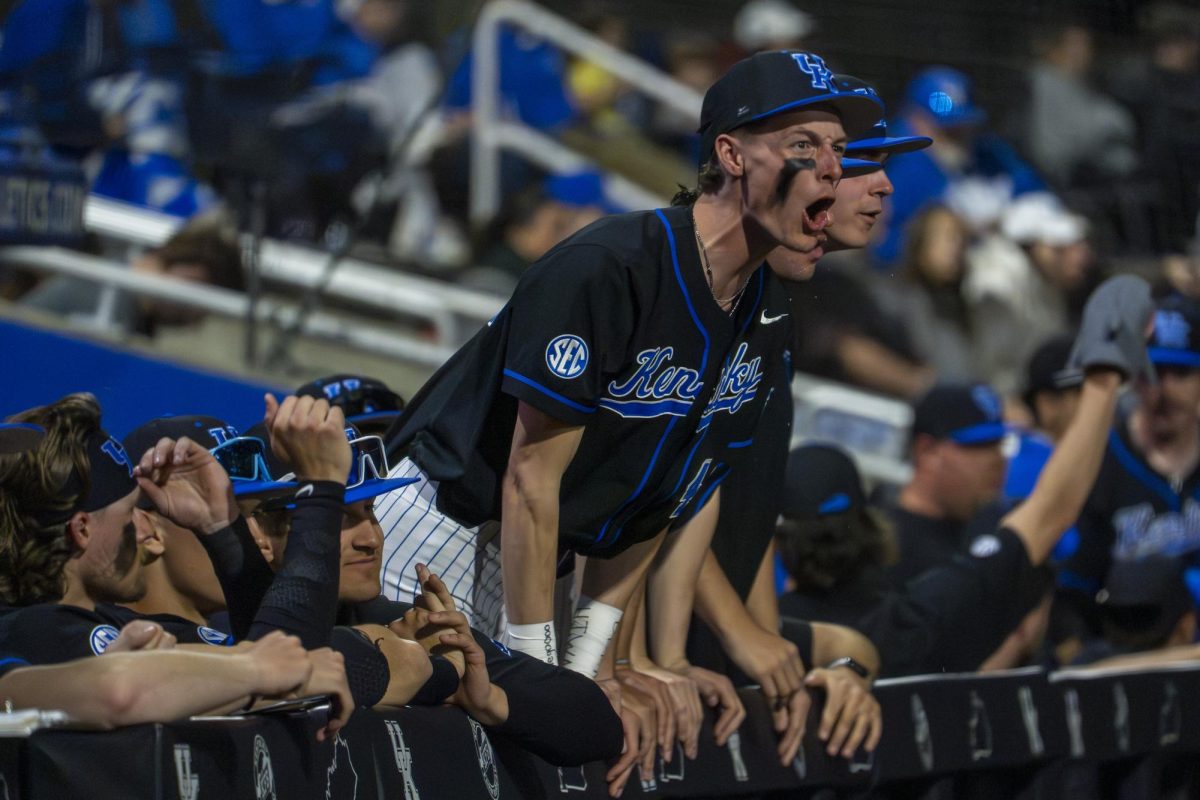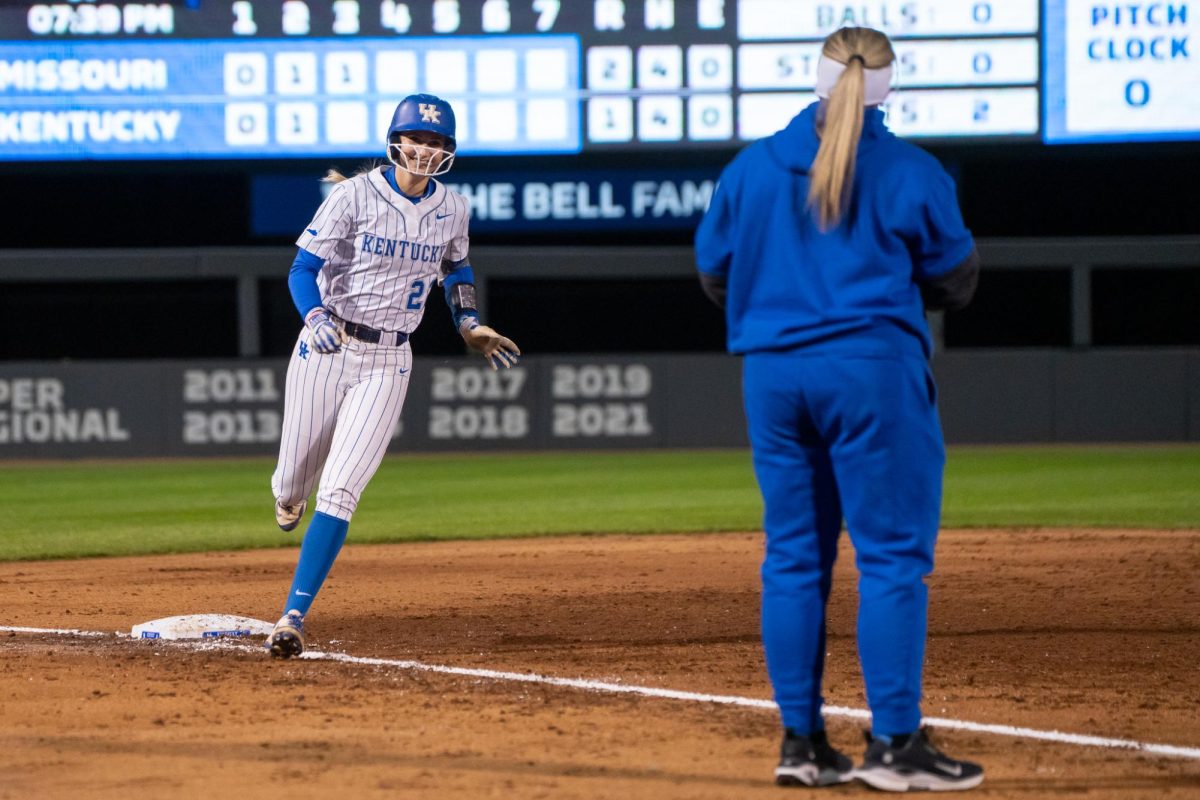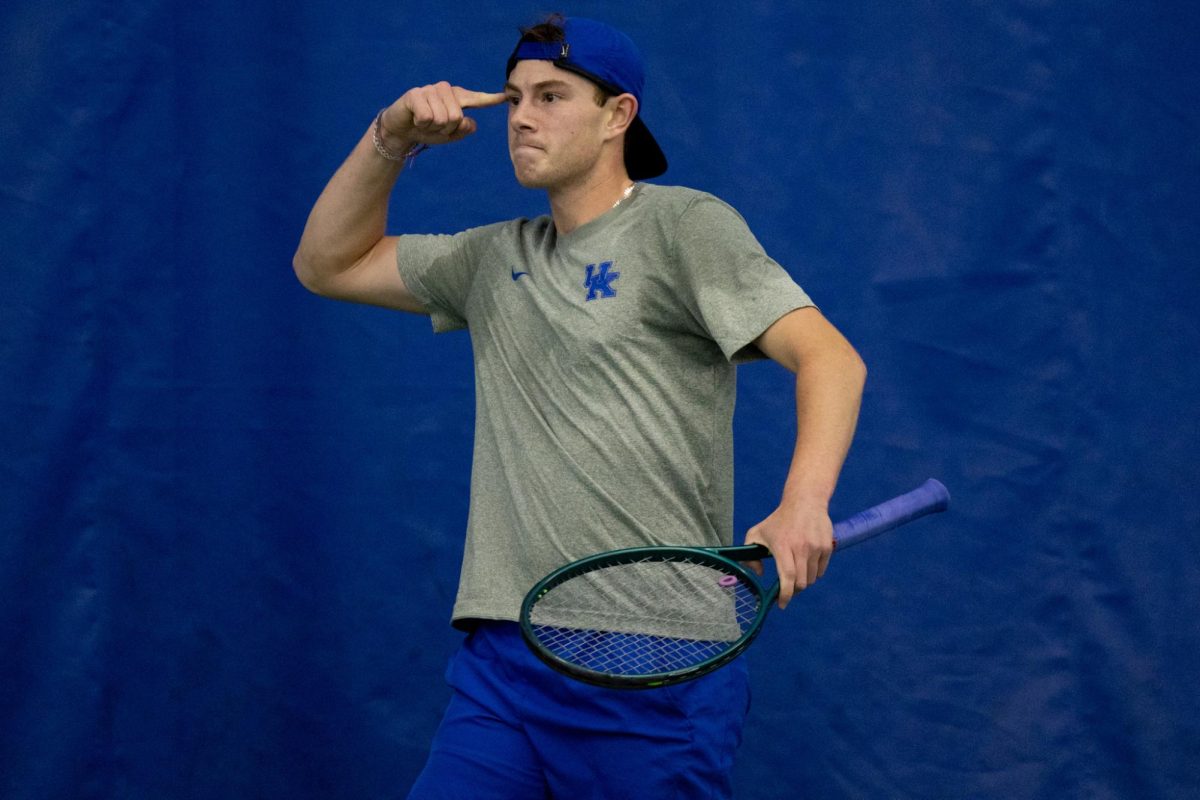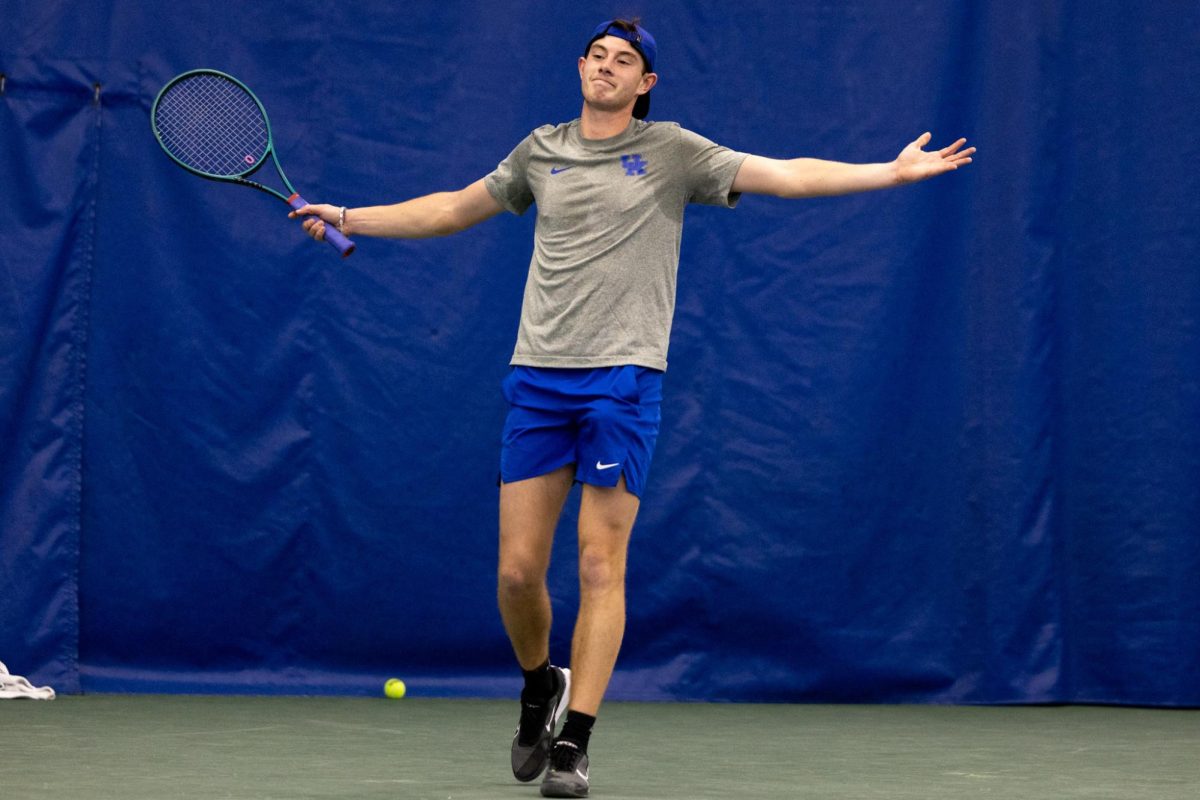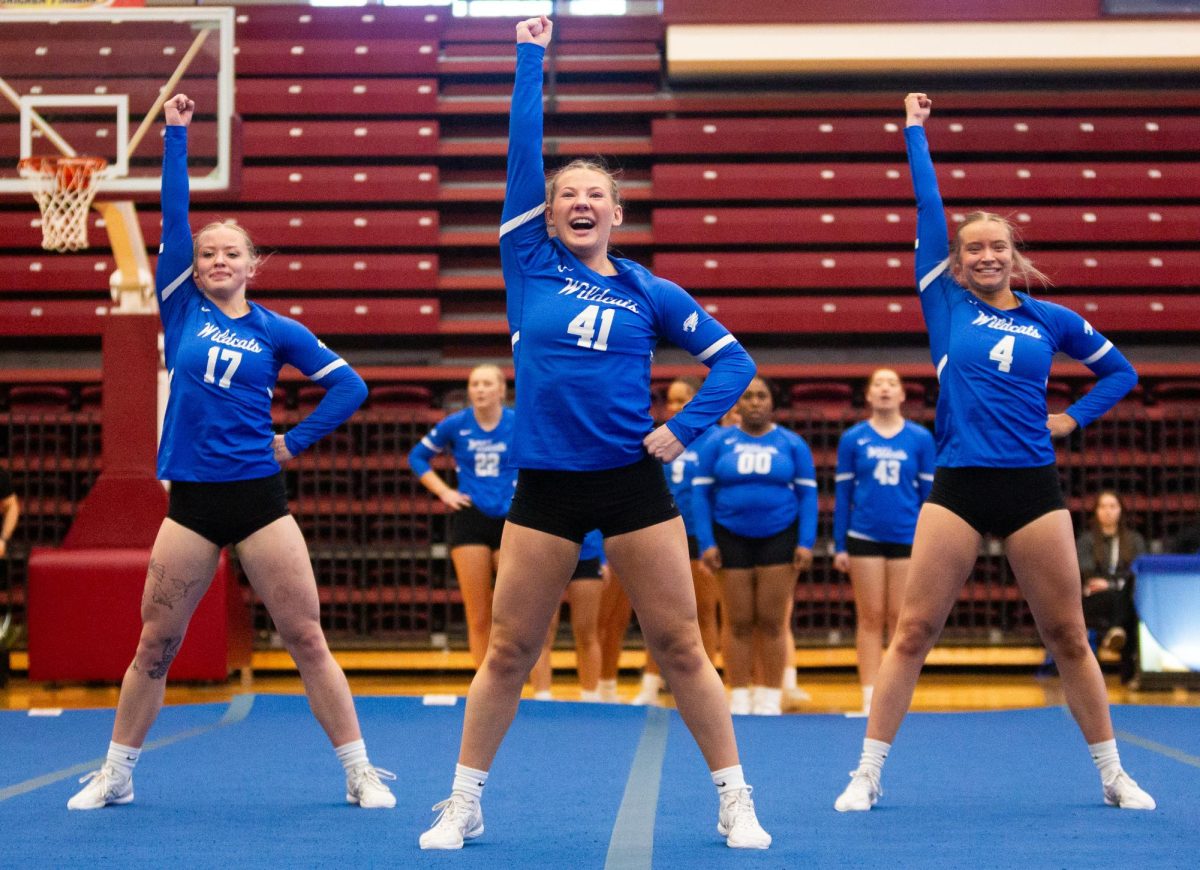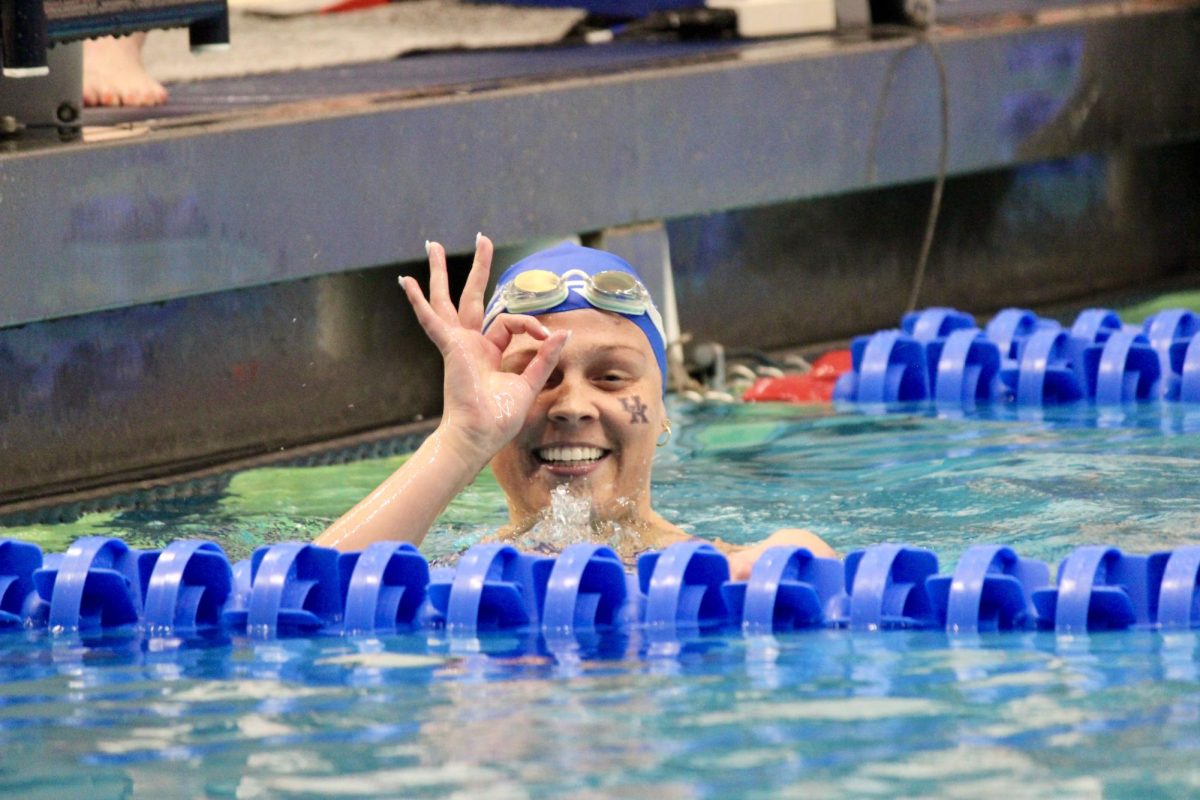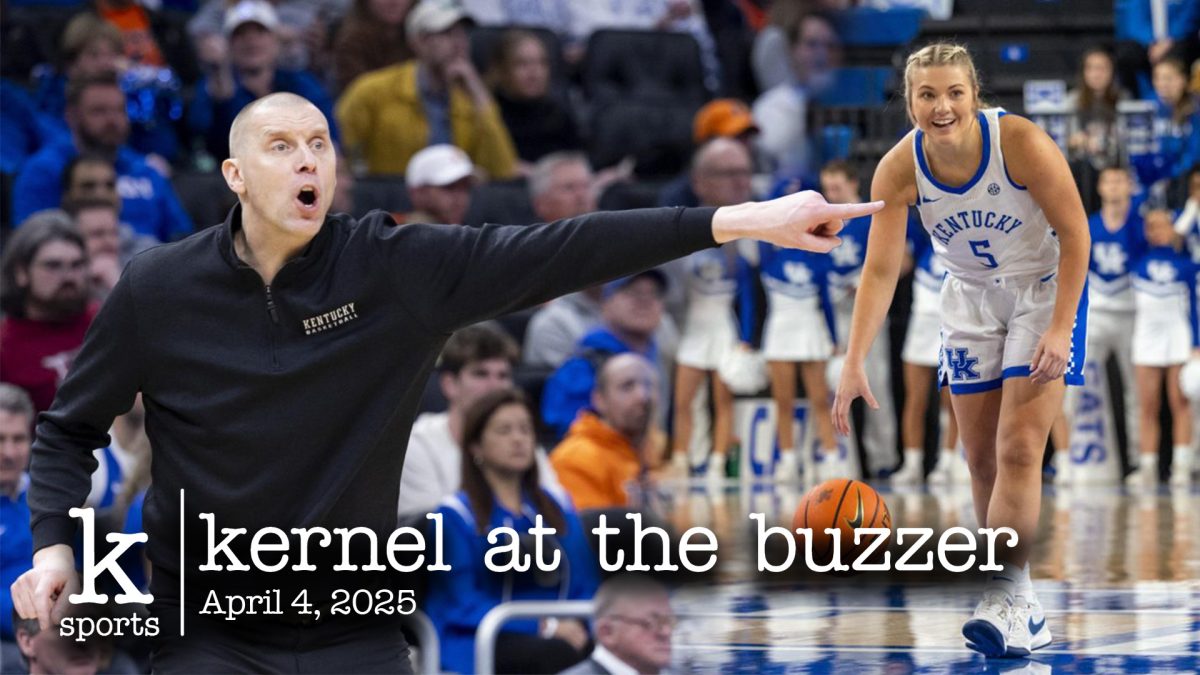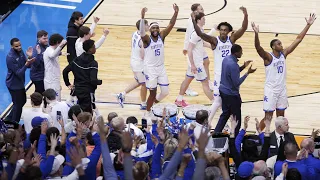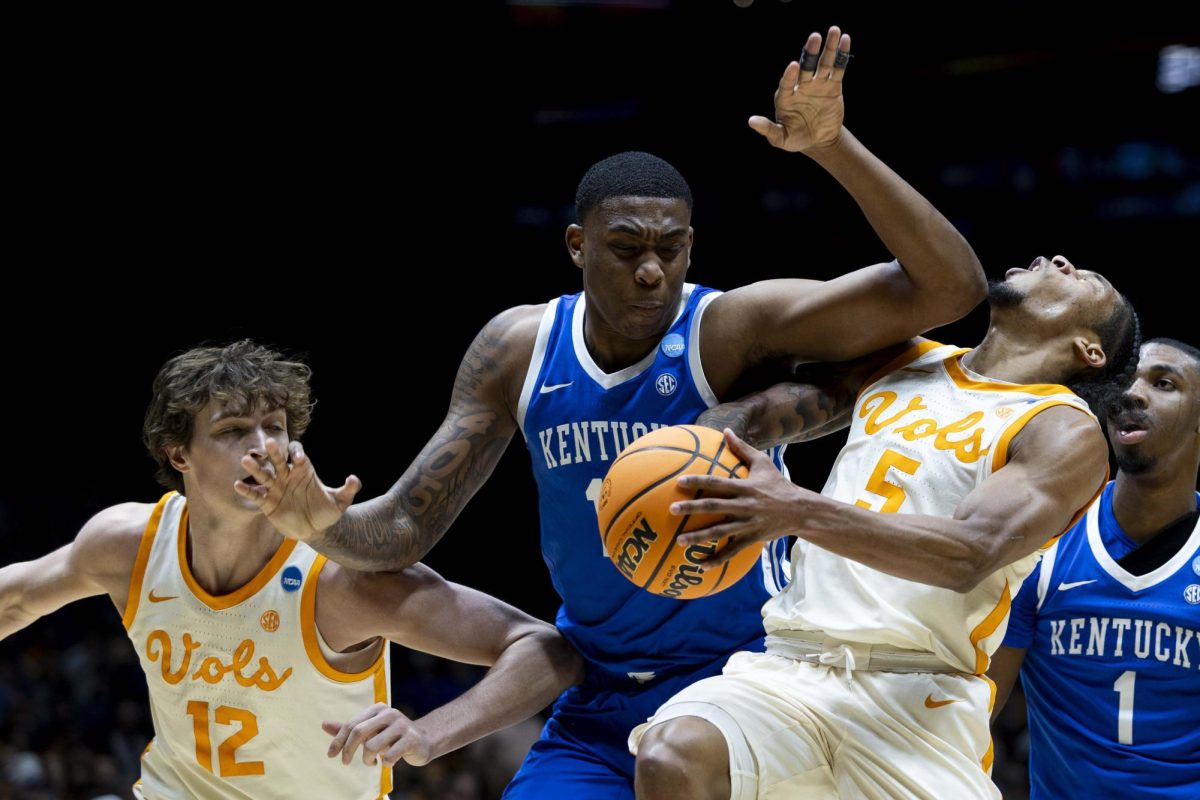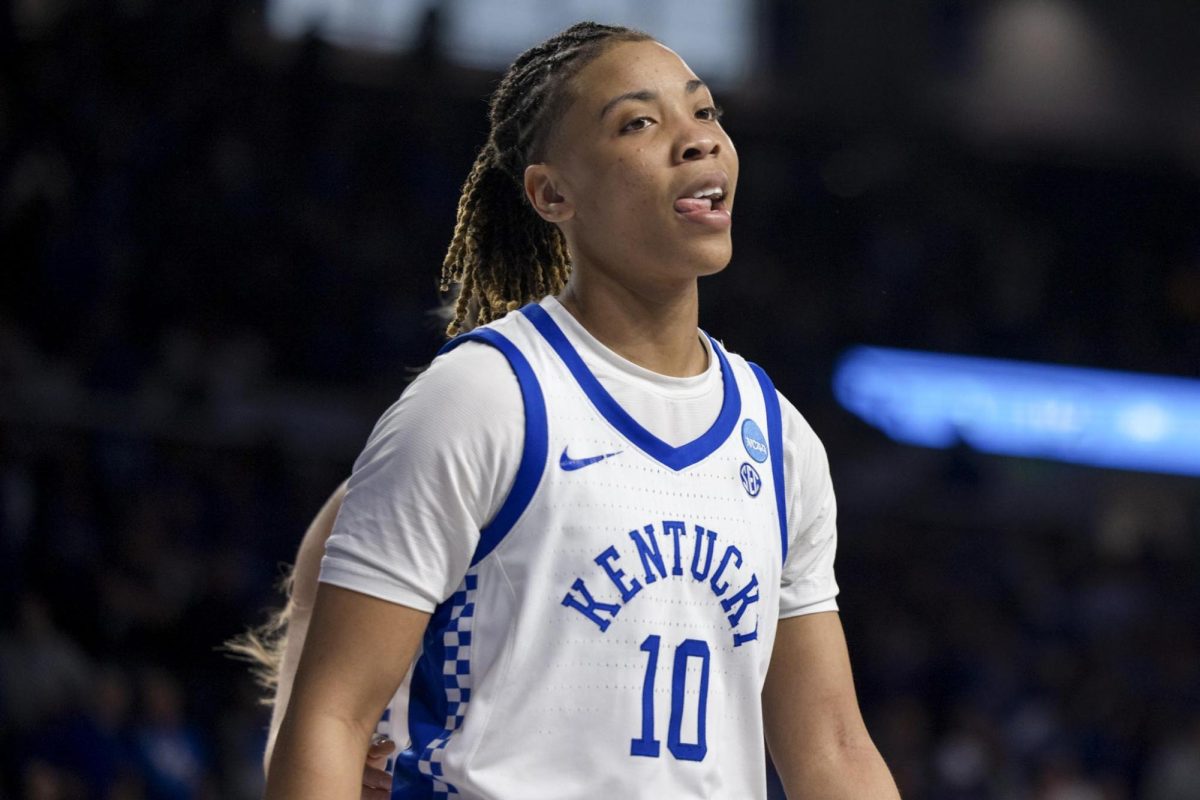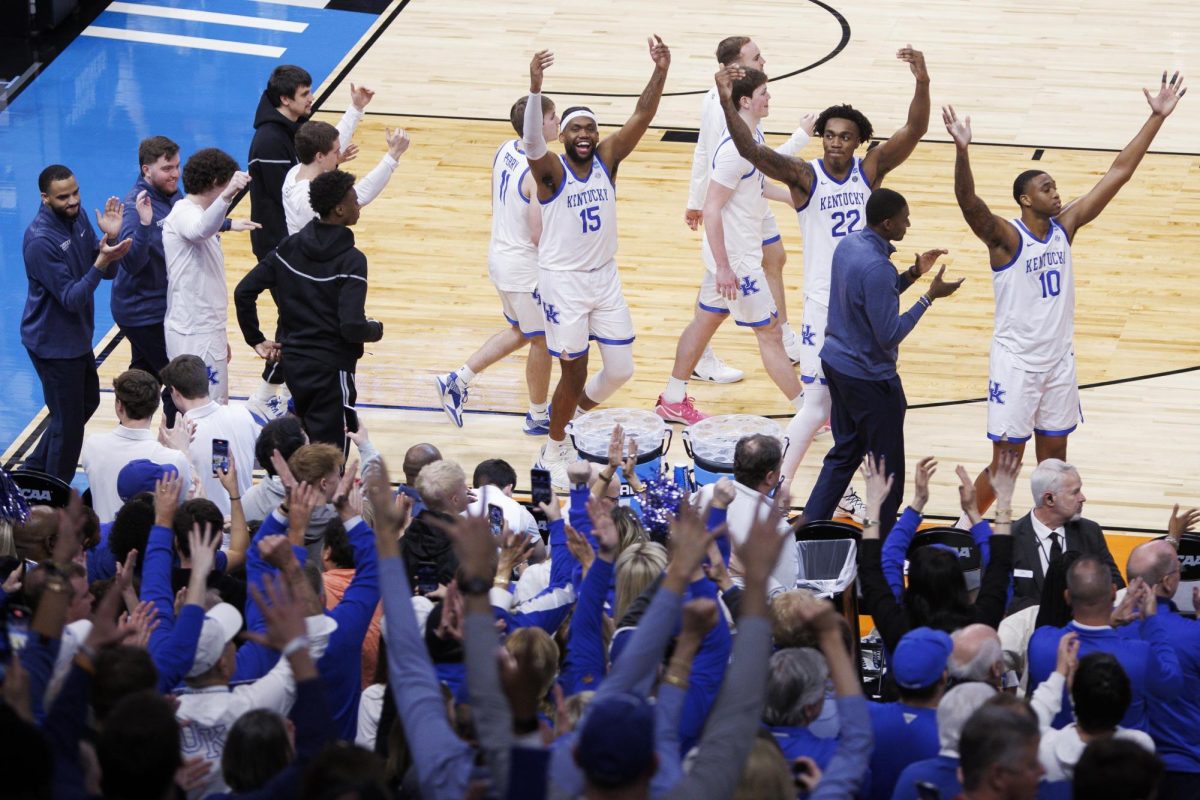College student-athletes may starve for success
February 25, 2011
College athletes can seem like the model examples of health, but sometimes destructive behavior can fester beneath a fit facade.
“Things are so performance- driven in athletics,” Courtney Jones, the senior athletic trainer for women’s basketball said. “If we start to start noticing some behavior, then we would go ahead and plug them into our eating disorder policy.”
UK has a multi-faceted eating disorder program in place for student-athletes that includes preventative education, behavioral surveys, and, if necessary, counseling and medical treatment.
Jones said freshman athletes attend a nutritional talk about taking their sport to the next level of intensity demanded at the college level.
During the talk, tips for having a positive body image are given, and several eating myths are debunked. For example: “You won’t bulk up like a man if you lift weights,” Jones said.
She said thanks to a female health questionnaire given to female athletes with questions about things like eating patterns and menstrual history, “We can get them before they even start.”
“I think it’s (eating disorders) something we have a huge awareness for,” Jones said.
The National Eating Disorder Awareness Association reported that a study of Division 1 NCAA female athletes ound that more than a third of the athletes in the study “reported attitudes and symptoms placing them at risk for anorexia nervosa.”
Statistics on the actual number of college athletes with eating disorders are more difficult to come by because of the secrecy surrounding eating disorders; athletes may be afraid to come forward for fear of being forced to stop competing.
UK’s current policy circumvents this problem by allowing athletes who admit to having an eating disorder to keep competing.
“As long as they respond well to treatment, they stay participating in their sport,” Jones said.
“If they aren’t medically stable we might pull them,” Jill Kindy, health education coordinator for the University Health Service said, but “they would remain on the team.”
According to UK cheerleading head coach Jomo Thompson, the cheerleading program adheres to this same policy.
Thompson said the cheerleading team no longer follows the policy still posted on the team’s website, which says, “Squad members who acknowledge an eating disorder problem shall be suspended from performance (games and practices) and immediately referred to a member of the UKAA (University of Kentucky Athletics Association) training staff.”
The old policy continues by saying, “Upon the recommendation of a physician and with the concurrence of the adviser and coach, the squad member may be returned to performance.”
“We wouldn’t kick someone off because of that (having an eating disorder),” Thompson said.
He said the current policy “takes the guesswork out for coaches,” and “puts athletes through a series of steps.”
He added that during his time with the team, “We really haven’t had very many instances.”
A 2010 study from the University of South Carolina of 136 Division I and Division II cheerleaders found that one third of the polled cheerleaders were “at risk” for eating disorders, and cheerleaders with midriff-bearing uniforms were more likely to have eating disorders.
“Cheerleading, dancing and gymnastics attract eating disorders,” Foster said. “It’s a whole lot about how you look.”
The National Eating Disorders Awareness Association lists sports that focus on appearance or have weight limits, sports that focus more on individual performance versus team performance and endurance sports as all having increased risk for eating disorders.
Treatment for athletes can be a long process, since they may have come to associate their performance with size.
“It’s not like you get treated for two weeks then you’re good,” Jones said.
She added that UK is committed to making sure athletes pursue health. “If you want to participate, you’ll do things in a healthy way,” Jones said.
Jones said she believes UK coaches have demonstrated education about eating disorders and concern for the issue.
“We’re not interested in sacrificing their personal health for our gain,” Thompson said.

































